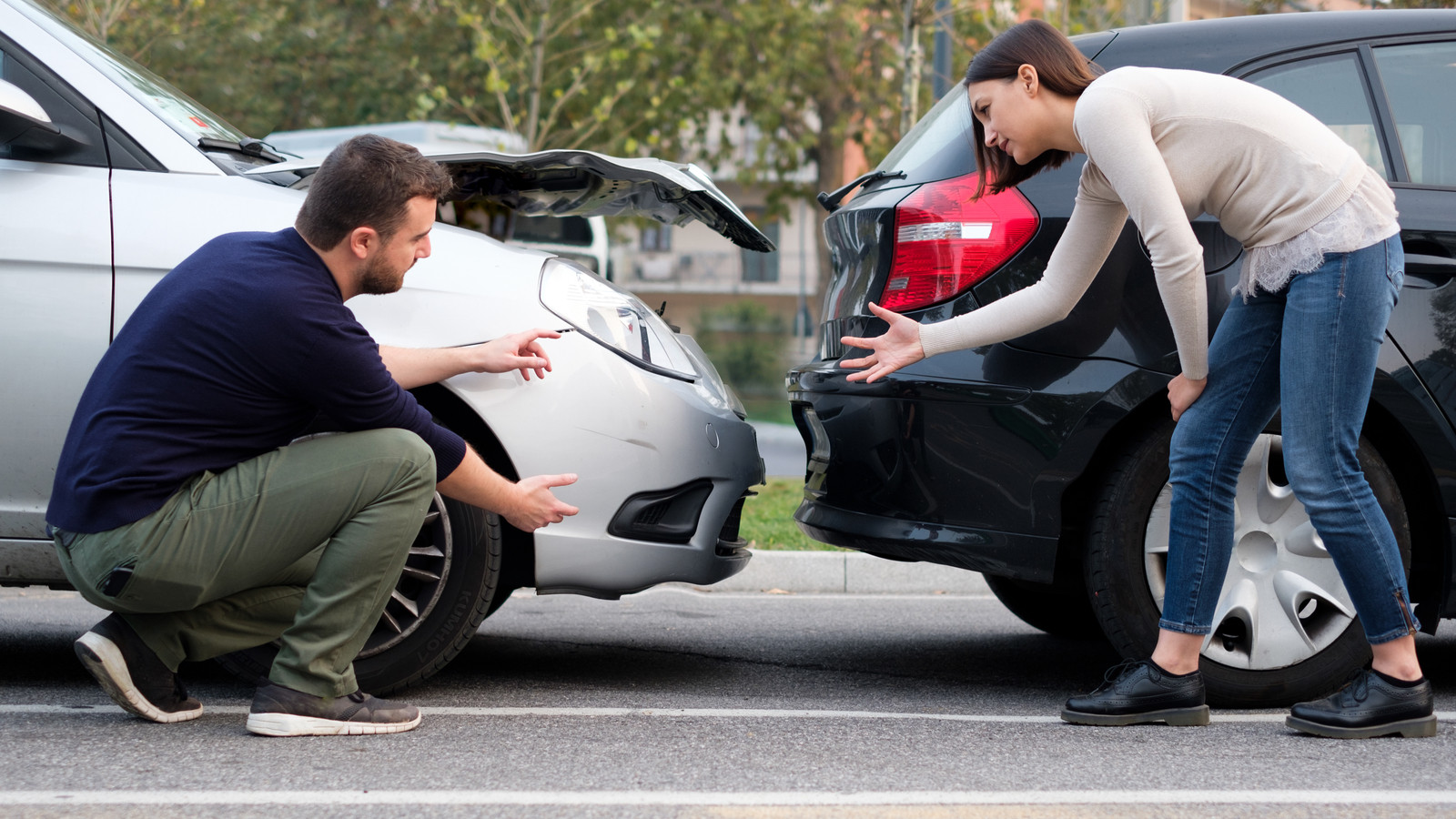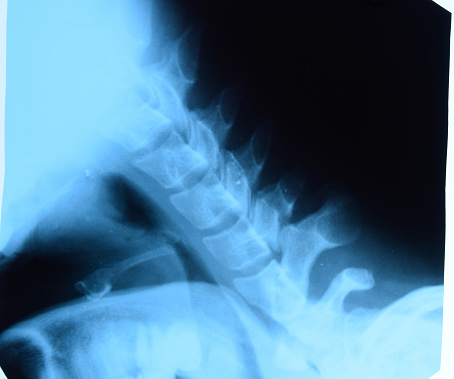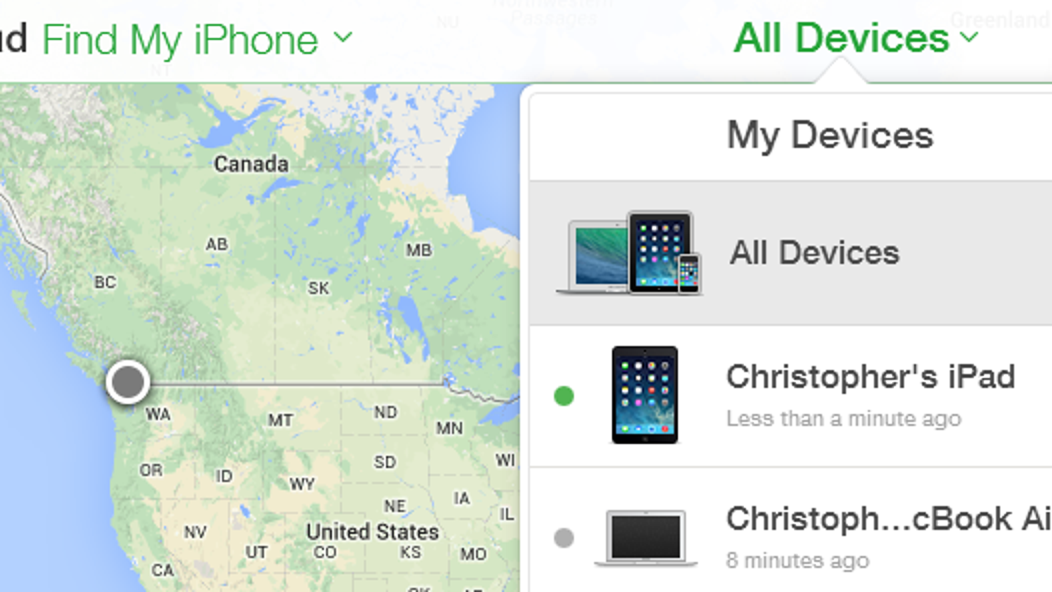Why You Need a Lawyer After a Car Accident
Whenever you are injured in an accident, you may need a lawyer to help you recover the money you deserve. The damages you can collect include compensation for medical bills, lost wages, and punitive damages. In addition, the accident may have caused you serious injuries or even permanent disabilities. Depending on the facts of your case, your lawyer will work to obtain the highest amount of compensation possible for you.
Disputed liability
Disputed liability after a car accident can be a complicated process. The process is a combination of penny-pinching insurers, feuding drivers, and complicated legal terms like “pure contributory negligence.”
There are several ways to dispute a liability claim, though the majority of large insurers use arbitration. The arbitration process is often faster and less expensive than going to court. This is because most arbitration decisions are binding and there are no appeals.
If you are arguing a liability claim, it’s best to keep the conversation focused on getting your claim resolved. The best way to do this is to document the events of the accident, including photographs.
The police report can help you prove that you were not at fault. If the report contains factual mistakes, you can ask for them to be corrected. You may also ask for an addendum to the report.
Aside from the police report, you should also contact your insurance company. If the accident was reported to your insurance company, you should notify them in writing that you disagree with the decision. If your claim is denied, you may want to get a lawyer involved to help you fight the claim.
Aside from the police report, other proof of negligence can include a video of the accident. Major intersections are often equipped with surveillance cameras. If you don’t have this video, you can hire an investigator to go to the scene of the accident.
Another way to dispute a liability claim is to hire an accident reconstruction expert. An accident reconstruction expert can examine the scene of the crash and determine the cause. You may also need to hire a private investigator to track down witnesses.
Medical bills
Whether you are a victim of a car accident or you are the driver, you may need to pay your medical bills. While your insurance company may cover some of the costs, you may have to pay the rest. Thankfully, there are several ways to pay your medical bills after a car accident.
In addition to your own health insurance, you may also have a government health insurance plan. You can also get insurance through your employer or the marketplace. The best way to ensure you are not stuck with high medical bills is to keep track of your out-of-pocket expenses. If you have a generous insurance plan, you may have to pay deductibles.
You can also seek reimbursement from the insurance company of the other driver. It will take time to process your claim and determine who was at fault. It is important to know the extent of the at-fault driver’s responsibility.
The other driver’s insurance company may send you letters informing you of the cost of your care. They will also reimburse you up to the limits of your policy. However, it can take months to get the money.
The other driver’s insurance company will also pay for your medical bills up to the limit of PIP coverage. However, if you don’t have PIP coverage, you may have to pay them out of pocket.
Depending on the severity of your injuries, your medical bills may skyrocket. It is important to keep track of your out-of-pocket costs and submit your bills to your insurance company.
Your lawyer can also negotiate with your insurance company. They can work to make sure you get the maximum compensation for your medical expenses.
Wage loss
Whether you are a lawyer or an injured victim, you may be eligible for lost wages. Generally, lost wages are compensation for the hours you missed due to injury or illness. Often, these benefits can accumulate for weeks, months, or even years.
If you have been injured in a car accident, you may be able to recover lost wages from the at-fault driver. However, there are several steps you need to take to prove your claim.
First, you must prove that the injury is related to the car accident. You must also show that it is medically necessary for you to take time off of work. If you are a self-employed person, you must provide documentation of your normal earnings and tax returns.
If you are working for an employer, you may need to obtain a letter from the employer to substantiate your claim. This letter should contain your employment information, pay level, and the number of hours you worked.
The most common way to prove lost wages is to submit your most recent pay stub. Other documentation that may be relevant includes bank statements, invoices, and finance-related correspondence. You may also need to provide your tax returns from the previous year.
If you were employed before the accident, you can also obtain a Wage Verification Form from your employer. This form will help the employer calculate your lost wages.
In addition to lost wages, you may be able to collect compensation for other lost benefits. These benefits can include vacation pay, earned benefits, and sick leave.
For lost earnings, the formula is simple: multiply the number of hours you missed by the hourly rate. For example, if you were working a $175/day job and you missed 11 days, you would receive $350 in lost wages.
Serious or permanent injuries
Whether you were involved in a car accident, a motorcycle accident, or a slip and fall, you may have suffered serious or permanent injuries. These injuries can have a long-term effect on your ability to function, enjoy life, and lead a normal life. If you are injured, you may need a lawyer to help you obtain compensation.
To qualify for personal injury compensation, you will need to show that your injury is severe and has a long-term impact. Your claim may include pain and suffering, loss of use of a body part, and economic damages such as future medical expenses, lost wages, and reduced earning capacity.
Many of these injuries will require ongoing treatment. For example, you may have to have surgery after a herniated disc. You may also have to undergo physical therapy, rehabilitation, and other forms of care. These injuries can affect virtually any muscle or tendon.
The definition of serious injury is a complicated one. Although courts have developed a set of categories, they are not always clear. Often, they are based on an objective standard, such as an x-ray or visual diagnosis.
In New York, the law requires that you show that your injuries are serious. This means that they cause you to be unable to perform your normal activities for at least 90 days. If you do not show that you have a serious injury, your lawsuit will be dismissed.
If you do not meet this threshold, you will not be able to recover compensation for pain and suffering in New York. Fortunately, there are experienced lawyers who can help you meet this hurdle.
An experienced attorney can help you calculate the amount of economic damages you are owed. Economic damages include current medical expenses, lost wages, and future medical expenses. These damages are difficult to dispute.
Punitive damages
Unlike compensatory damages, punitive damages are an additional amount awarded to the victim. They are meant to punish the defendant for bad behavior. They deter future conduct that is similar to the behavior that caused the accident.
Punitive damages are usually awarded when an at-fault driver is found to have committed “reckless indifference to the rights of others”. The term “reckless indifference” means that the at-fault driver knew that their actions could harm others. The court considers whether the defendant’s actions were particularly egregious.
Punitive damages may be awarded in cases where the at-fault driver was under the influence of drugs or alcohol. Driving under the influence of alcohol or drugs has been shown to lead to serious injuries.
Punitive damages are also awarded when an at-fault driver has been found to have been involved in an accident while speeding. Speeding creates a dangerous situation for everyone on the road. In addition, excessive speeding creates a risk for other drivers and passengers to be injured.
Several states limit the types of punitive damages that can be awarded. Some states only award them if the plaintiff has received economic damages. In addition, a jury must decide whether the defendant’s conduct was especially egregious. The severity of the injury may also affect the amount of punitive damages awarded.
Punitive damages are awarded in car accident cases where the at-fault driver has a criminal record. A case in New York involving an older woman who was burned by McDonald’s was recently ruled in favor of the plaintiff. In addition to monetary compensation, the plaintiff received skin grafts.
Punitive damages are not paid by the insurance company. This is why it’s important to hire an experienced auto accident attorney. A skilled attorney can evaluate the facts of your case and determine a fair value for your case.



